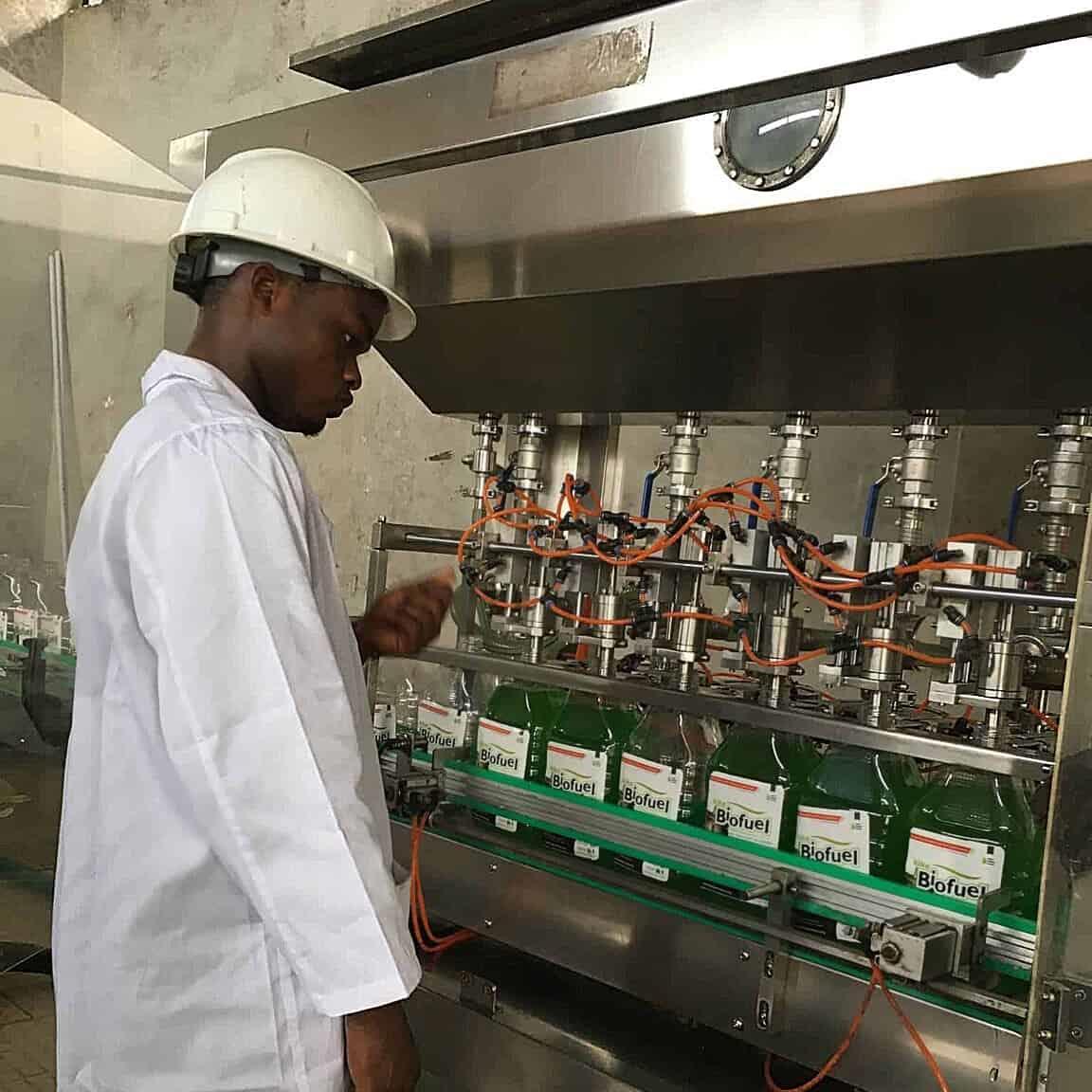
Biofuels Emit More CO2 Than Fossil Fuels, New Study Warns

A global analysis commissioned by Transport & Environment and conducted by Cerulogy reveals that biofuels now generate 16 percent more carbon dioxide emissions than the fossil fuels they are intended to replace. The finding throws into sharp relief the risks of scaling up crop-based biofuel programmes ahead of the COP30 climate summit in Belém, Brazil.
The study includes emissions not only from cultivation, harvesting and processing, but also from indirect land use change - the opening up of new agricultural land when existing farmland is repurposed for fuel crops. When such displacement of food production or deforestation is factored in, the emissions burden of biofuels can exceed that of petrol and diesel. Today, biofuel crops command around 32 million hectares globally-about the size of Italy-for just 4 percent of transport energy demand. By 2030, that demand is projected to increase this land area by 60 percent, to 52 million hectares.
The industry's dependence on food-grade feedstocks is particularly striking: roughly 90 percent of global biofuel production today derives from crops such as corn, sugarcane, soy and palm oil. Because these crops already compete for land and water, their increased use for fuel drives up pressure on forests, pushes up commodity prices, and may exacerbate food insecurity.
The study projects that by 2030 biofuel emissions could exceed their fossil equivalents by 70 MtCO2e, a figure comparable to the annual emissions of nearly 30 million diesel-powered cars. The researchers also note that only 3 percent of the land currently used for crop biofuels, if converted to solar panels, could generate the same energy output-suggesting a far more efficient alternative for decarbonisation.
See also Dukhan Solar Plant Deal Set to Double Qatar's Solar CapacityWhile advanced and waste-based biofuels have been promoted as cleaner alternatives, the analysis cautions that their share remains small and uncertain in scale. The vast majority of the market continues to rely on first-generation crop-based fuels.
As the host of COP30, Brazil is positioning sustainable fuels at the heart of the summit's agenda. Its presidency plans to push a global pledge to quadruple sustainable fuel production by 2035-a move that would include biofuels, biogases, synthetic fuels and hydrogen. Brazil's aim is to make these fuels a key pillar of climate strategy for sectors that are hard to electrify. In its domestic policy, Brazil had planned to raise the mandatory biodiesel blend in diesel from 15 percent to 16 percent by March 2026, but officials now signal that the target may not be met in time due to technical and regulatory hurdles.
Global biofuel production is heavily concentrated: the U. S., Brazil and the European Union together account for more than 75 percent of output. Other countries, including Canada, India and Malaysia, are poised to expand production to serve emerging demand from aviation and shipping. In the EU, the revised Renewable Energy Directive caps the share of conventional crop-based biofuels and promotes advanced biofuels and fuels of non-biological origin, reflecting policymakers' growing awareness of sustainability constraints.
Critics warn that without robust inclusion of ILUC and full life-cycle accounting, many national biofuel policies may wrongly assume net climate benefits. Methodological choices in life-cycle analysis, they argue, can skew outcomes substantially. At the same time, national incentives such as subsidies or blending mandates may inadvertently favour high-carbon options.
via Greenlogue____________________________________
See also NEOM Green Hydrogen Build Surpasses Eighty-Percent CompletionThis article first appeared on Greenlogu and is brought to you by Hyphen Digital Networ
Notice an issue? Arabian Post strives to deliver the most accurate and reliable information to its readers. If you believe you have identified an error or inconsistency in this article, please don't hesitate to contact our editorial team at editor[at]thearabianpost[dot]com . We are committed to promptly addressing any concerns and ensuring the highest level of journalistic integrity. Legal Disclaimer:
MENAFN provides the
information “as is” without warranty of any kind. We do not accept
any responsibility or liability for the accuracy, content, images,
videos, licenses, completeness, legality, or reliability of the information
contained in this article. If you have any complaints or copyright
issues related to this article, kindly contact the provider above.

















Comments
No comment